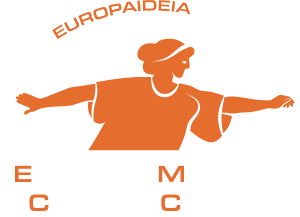| |
The unique profile of the EMCC is marked by both its specific international and interdisciplinary design and its aim to promote academic excellence. The obligation of each student to study at no less than two universities teaching in different languages forms the basis of this international programme. Each of the universities at which a part of the credits necessary for a successful completion of the programme has been validated will award a Masters degree (double or multiple).
The participation of a great number of universities here offers a wide range of sub-disciplines in the field of Classical Studies providing both a high degree of combination options and a European context. This European context forms an important part of the programme, which seeks to define the aspect of a European identity from its classical roots.
The diversity of the participating partner universities here provides a great opportunity to refine and extend the programme of study through restructured, complex studies and joint activities. Moreover, the diversity of languages, which characterises Greco-Roman antiquity as much as modern Europe, is emphasised. To enhance country-specific knowledge, excursions to or inspections of important European historical sites are to be integrated into the study plan.
Permanent coordination of the programme is ensured by regular meetings of the coordinating council consisting of representatives of the partner universities.
The EMCC addresses students who completed their first degree with excellent results. Thus, it is our aim to keep the number of first-year students to no more than 25 per year. The mentoring programme, which provides a minimum of two mentors from two universities with different national languages for each student, offers the solid support that secures an ideal study progress and professional advancement of each student.
The aims of the EMCC may be summarized as follows:
- the examination of the meaning of European identity from synchronic and diachronic perspectives,
- the promotion of interdisciplinary practices,
- the enhancement and dissemination of the rich tradition of academic discourse in different European languages inherent in each of the cultures,
- overcoming the limitations of the curriculum at the individual institutions within a well-structured and, at the same time, flexible study programme,
- the combination of Classical studies with the inspection of important historical sites within Europe.
In the course of the organisation and the implementation of the Masters programme, all three status groups of the participating universities – teachers, students, and administrative staff – will be included in the integration process of the European academic landscape.
The European Master in Classical Cultures therefore completely meets the requirements of strengthening the European dimension, the creation of a European Higher Education Area, and preparation for the European job market, which were set out in the Bologna process.
|
|
